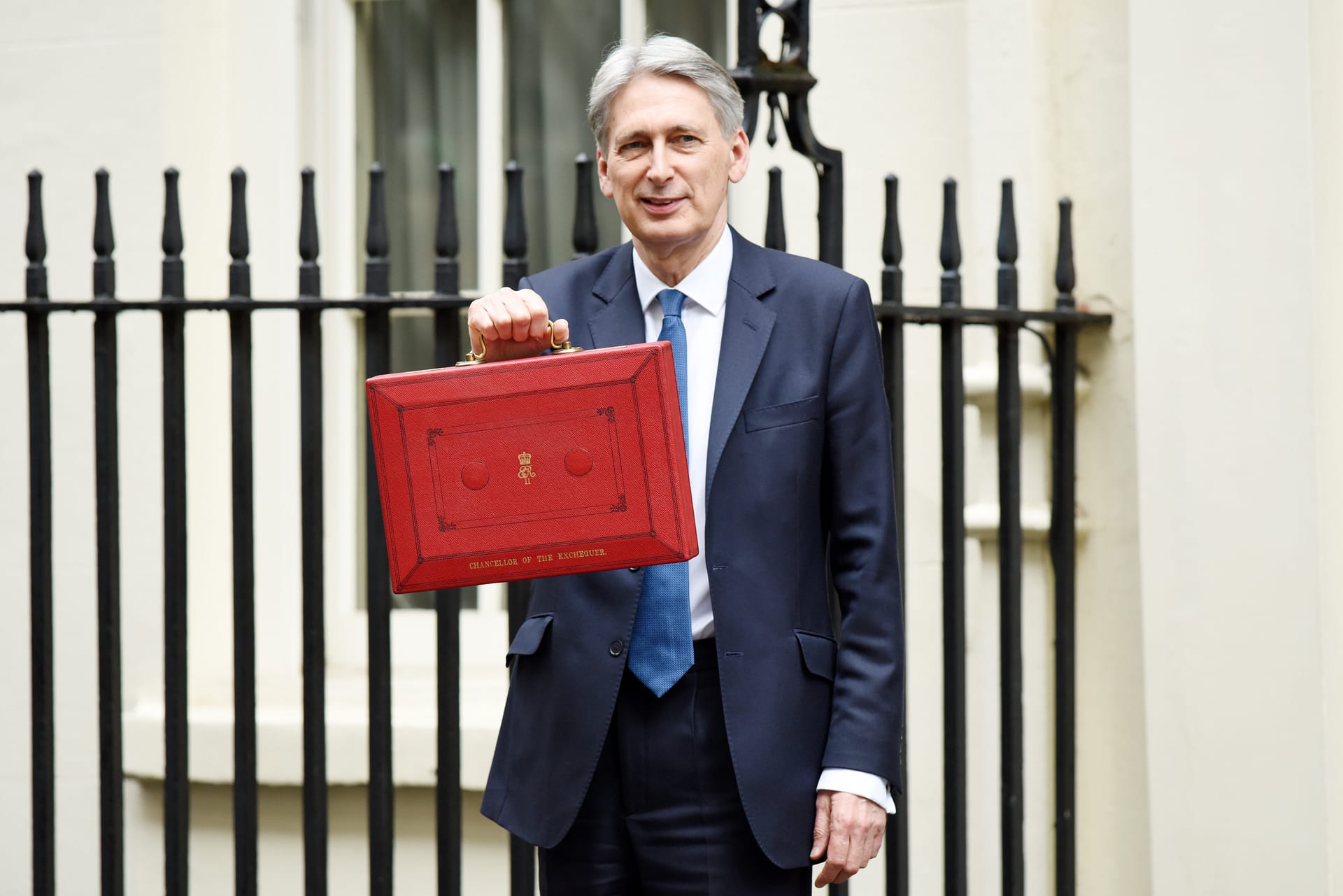Eight out of 10 start-ups are are formed with a friend or relative, and eight out of 10 also fail within their first year. With so many young companies struggling to get past the 12-month mark, it’s vital you consider the following questions before jumping into business with a friend.
Do you communicate openly?
Good business relationships, just like friendships, are about strong communication, particularly during challenging times. Think back to hurdles you faced in your friendship and how you responded to them. If you were able to survive adversity and come out stronger, it’s far more likely you will be able to do so in business. Similarly, be honest with yourself and one another about any unresolved issues in your friendship. Leaving past arguments to fester could become an issue later, so get everything out on the table from day one.
By tackling any past challenges, the benefits of having a pre-existing relationship can shine through. My Co-Founder Anthony and I have found this extremely helpful. We understand how one another work, can easily identify the kind of mood the other person is in, and know how to adjust our interactions accordingly. Furthermore, our close relationship means we can openly offer and receive constructive criticism, in a way we have found impossible with colleagues in previous careers.
Finally, after a long day at the office, will you be able to go down to the pub as friends? Although it’s easier said than done, it’s important to try and separate business and friendship time. Being able to talk about what’s going on in your personal lives will help ease stress for both of you.
Do you fully trust this person?
If the answer is no, there’s no point continuing to entertain the idea of launching a start-up together. Without absolute trust that they are in it for the long haul, will be there to support you and will remain true to their word, the business will struggle and inevitably collapse. There will be countless external factors testing you on your business journey, so you need to be rock solid business partnership to survive.
Is now definitely the right time?
Start-up life is all-consuming, so you need to be sure that your lives have the stability necessary for you to jump headfirst into the venture. Ask yourselves whether you can dedicate the time necessary to grow the business, without negatively impacting the personal relationships that are important to you. Similarly, consider whether you have the savings required to get your business off the ground; you will need a nest egg in the run up to funding.
These questions should be a conversation between yourself and your potential business partner. Encourage and trust one another to be honest if you suspect you’re shying away from the reality of your situations. For instance, if you’re concerned your friend is rebounding from another job, say so. Afterall, if one of you holds up your end of the bargain and the other doesn’t it will cause a deep rift that could rip your personal and professional relationship apart.
Are you compatible on a business level?
We all have strengths and weaknesses and the best business partnerships are built on individuals whose skills complement one another. For instance, at Stashbee I focus on growing the business through sales and marketing, while Anthony addresses the challenges brought about by growth, through managing the product, technology and finance.
However, compatibility isn’t always about differences. A business becomes a representation of the founders and it is therefore important co-founders share an ethos which reflects the kind of brand you want to be. Anthony and I both believe in empathy and having been on the receiving end of bad customer experience feel it’s vital for Stashbee to deliver a superior, empathetic service. These common beliefs have been essential in helping us work towards a unified goal.
Will your friendship survive a business collapse?
The sad fact is that many start-ups fail, so you must consider what will happen to your friendship if this occurs. Could you asses what didn’t work, take these lessons and apply them to a new venture together or would your friendship be irrevocably damaged? If you’re both at the right stage of life and have a solid business relationship, built on trust and complementary skills, you are far more likely to succeed, but it’s short-sighted to pretend failure isn’t a possibility.
After considering the above, implement a trial period where you commit to working together part time before making anything official. Anthony I worked together for a few months before signing an agreement and it was instrumental in helping us ensure our business relationship would work long-term.






Leave a Comment